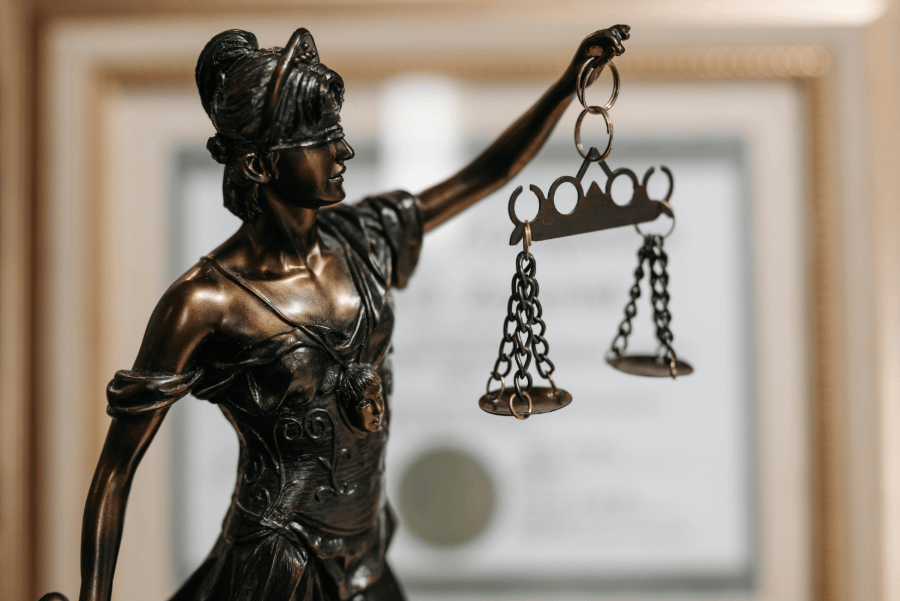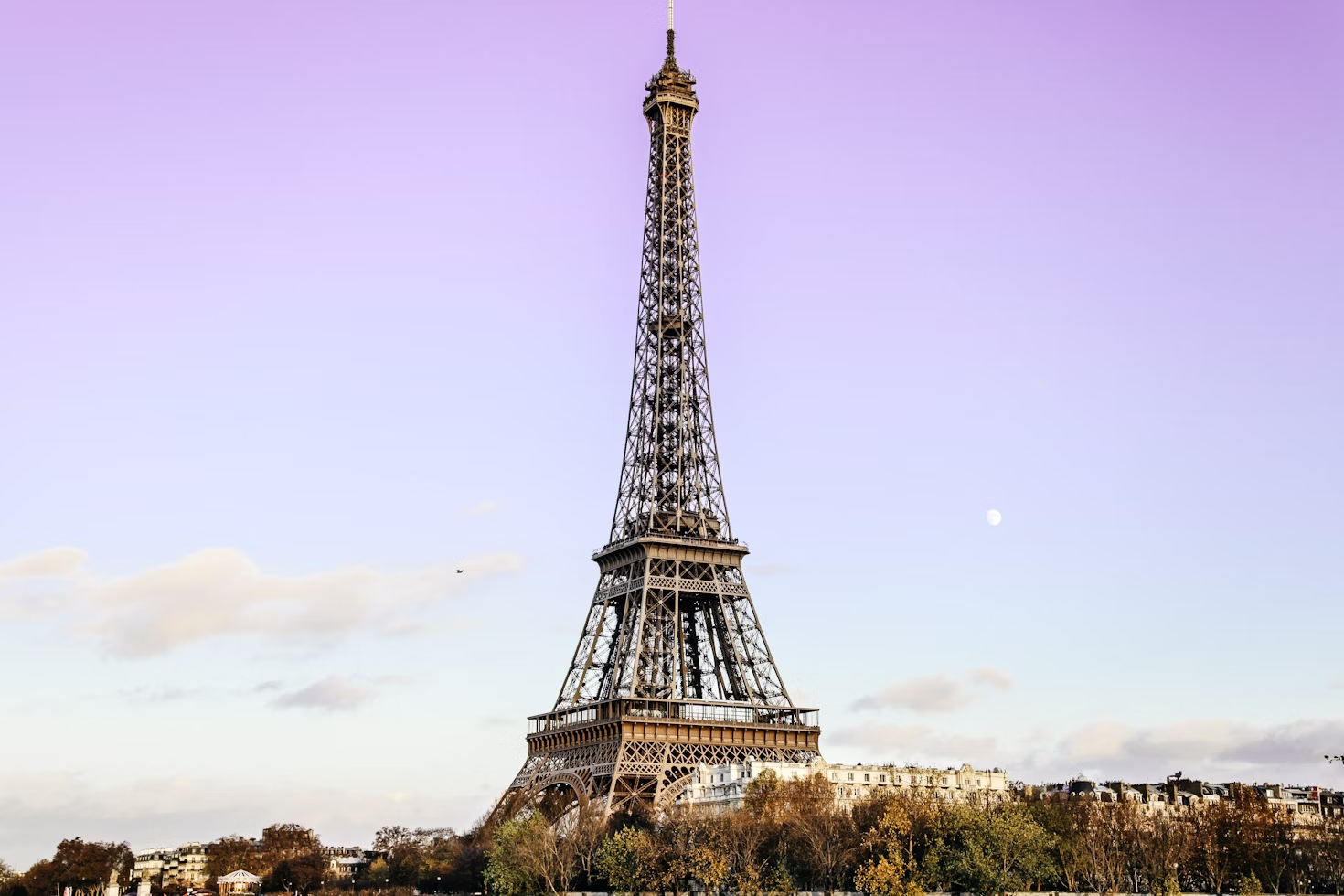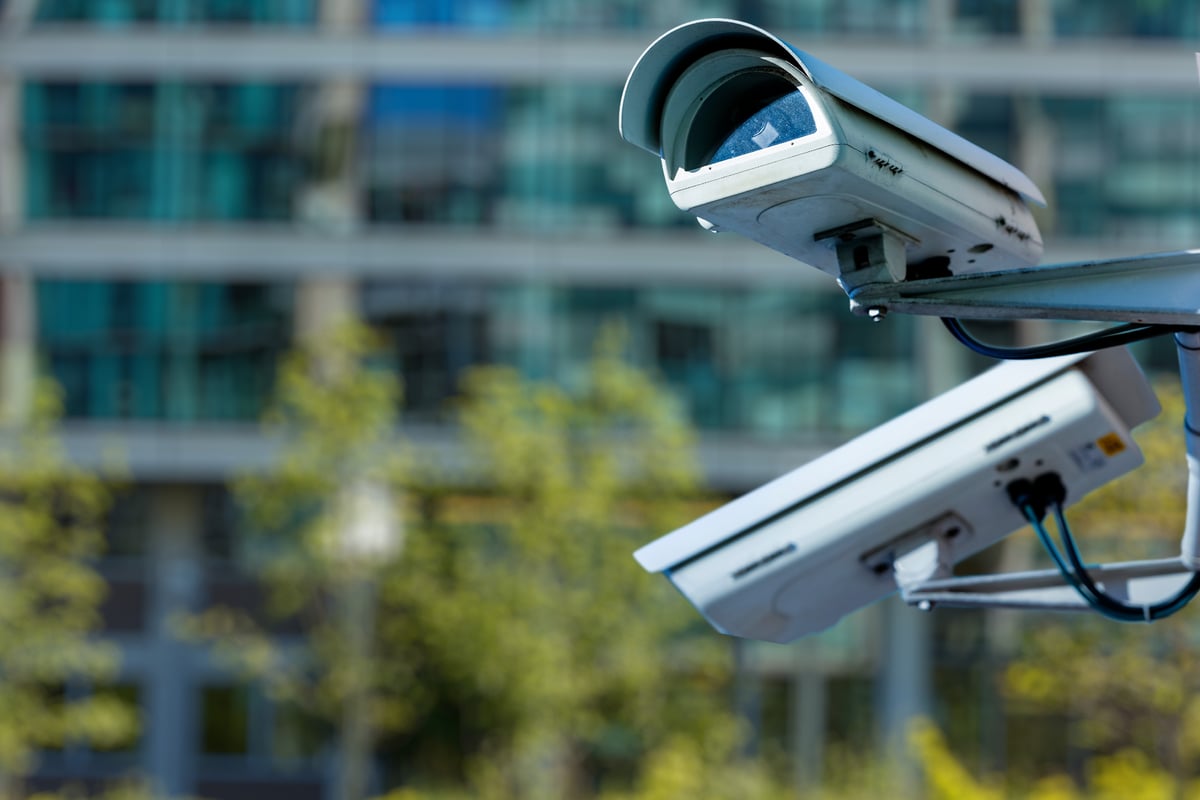Copyright
Under Dutch law, it is understood that to a large extent copyright protection is Europeanly harmonized. This also goes regarding protection and enforcing copyrights in the Netherlands.
Copyright protection of a ‘Work’
Copyright can be obtained by the ‘author’ on a ‘work’ that is an own intellectual creation. In principle, the threshold for copyright protection should be decided by Dutch courts in legal proceedings.
Copyright has been awarded to authors for meriads of works, including texts and related materials, photographs, online content including websites and advertisements, shapes of product, consumer products, logo’s and designs, computer programmes, etc. etc. etc.
The Author as rightsholder
Under the Dutch Copyright Act and copyright in the Netherlands, the author is in principle regarded as the rights holder. There are exceptions to the rule, for instance in relation to copyright of the employer and employee. A few different presumptions of copyright holdership can also be invoked for legal entities, such as (incorporated) companies.
No formal requirements
As a matter of legal principle, copyright protection must not be conditional upon compliancy with any formality. This also applies in the Netherlands. The principle of automatic protection therefore applies.
Applying a copyright stamp of ©-designation is still useful, however, for instance for reasons of evidence or proof.
As a form of legal protection for certain creations, copyright can also converge with other forms of protection including design law and slavish imitation.
Moreover, copyright protection under Dutch law has a duration of seventy years. The general rule is that protection must be granted until the expiration of the 70th year after the author's death, or 70 years after a company has made the work available to the public lawfully.
Rights granted
Under Dutch law, copyright includes inter alia the reproduction right, the right of making available the work to the public and the right to distribution. If such acts are performed without the permission of the author, this in principle forms a copyright infringement. As such, the author has the right to “authorise or prohibit” such use, and inter alia has the right to act against any and all copyright infringements in legal proceedings.
Some exemptions to copyright infringement may apply in certain cases, such as the right to quotation, text- and datamining, the press, parody, etc. Also, specific measures apply to protection of technological measures, rights-management information and software protection.
The Dutch copyright act also contains several other rules for the protection of moral rights, for instance for architects and for designers. Also, protection of portrait rights is included in the Dutch Copyright Act.
Injunction procedures (pan-European)
In copyright infringement cases, the rightsholder may start summary proceedings (a so-called “kort geding”) in the Netherlands. This is an injunction procedure, in which the rightsholder is able to claim for prohibition of reproduction acts, the making available or distribution of certain works and reproductions - including derivations - thereof. The rightsholder may also apply for a judicially imposed penalty against the infringing party to enforce the injunction efficiently.
It is also possibly to apply for a pan-European injunction before Dutch courts based on copyright infringement.
In most cases, a cease and desist letter is sent to the infringing party first.
Starting such a summary proceeding in the Netherlands based on copyright protection has clear advantages, including the rightsholder being able to act against infringing acts within a short period of time. In infringement proceedings, information may also be claimed concerning the distribution, sales figures examples of the work, or derivation thereof, and other ancillary claims.
Under Dutch law, the rightsholder is also granted other specific rights such as seizing infringing goods, making attachments on those goods and otherwise enforcing copyrights.
Legal costs regime
Under Dutch procedural rules, the winning party in intellectual property proceedings – including copyright infringement cases – may request the court to order the losing party to pay the real, actual and full lawyer and procedural costs of the winning party. In most copyright cases, the winning rightsholder is able to retrieve a substantial amount of the actual legal costs spent on the matter.
Joost Becker, IP-lawyer specializing in copyright law











